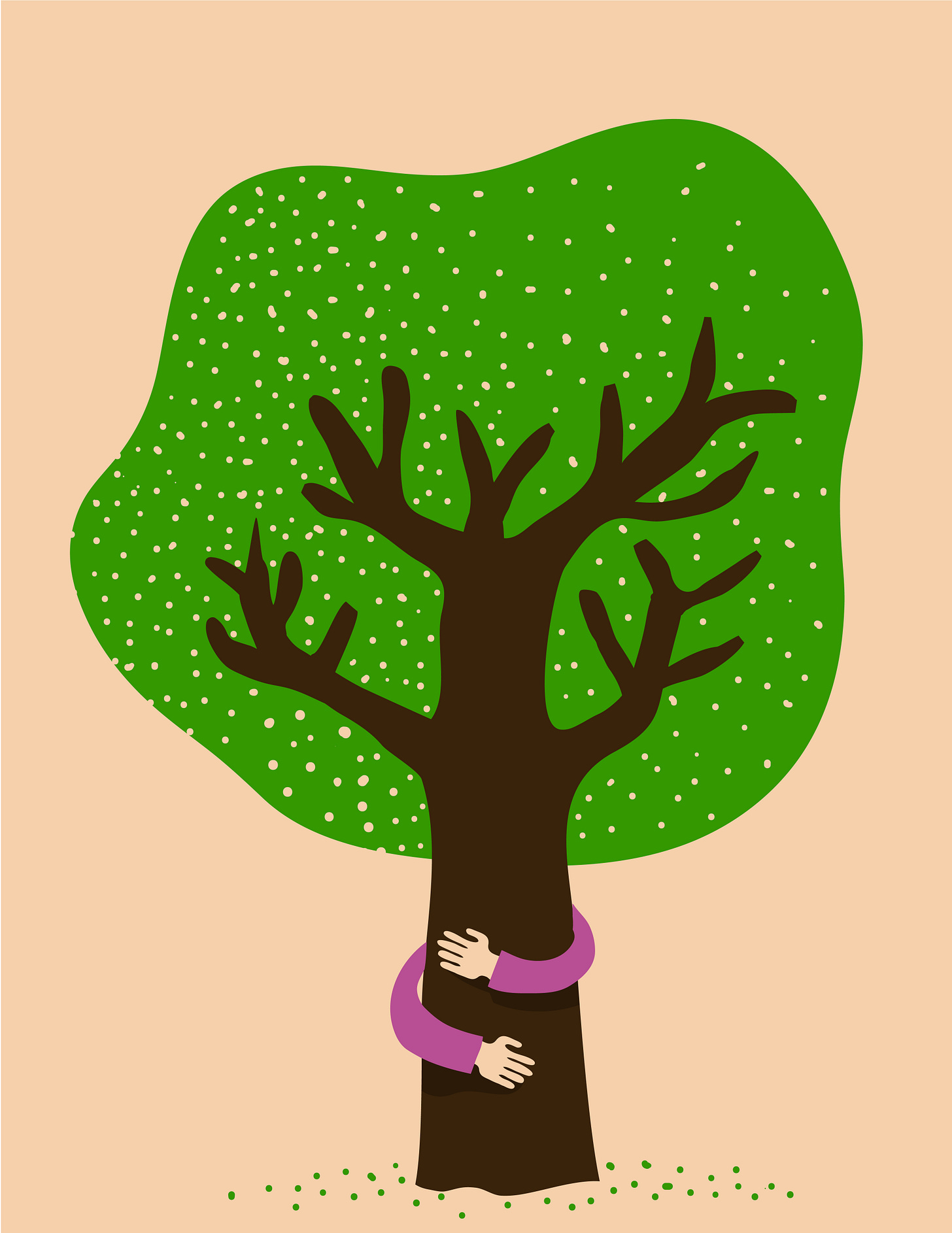3. ‘Hope is none of my concern…’
Bright ideas for dark times
I’m running two in-person retreats in the UK this year, one in March and one in July. If you’d like to hear more as soon as places go on sale, please sign up here • Join The Way Through Winter course •
Previously on Bright Ideas for Dark Times:
There was a moment on Saturday when I realised I had gone upstairs to take my asthma inhaler five times, and I still had no idea if I’d inhaled a single dose. I may have taken five puffs; I may have taken none at all. I had absolutely no idea. By the time I made it to the bathroom cabinet, my mind was somewhere else.
That’s how worry feels: an absence from the physical world, a descent into another place entirely. On the morning in question, H was waiting for some test results following some pretty gritty symptoms and an iffy chest x-ray. The anxiety - the raw, unbridled fear - was all-encompassing. No matter how I tried to distract myself, my brain kept diverting back to the worst case scenario. I was planning for every permutation of our unravelling.
H turned out to have the kind of illness that responds to treatment, and he’s slowly on the mend. He’s taken up residence on a pile of pillows in bed, much to the delight of the cat. I, meanwhile, am left wondering at the extraordinary work my brain did during the few days when I thought the world was ending. I’ve experienced anxiety all my life, and yet it’s rarely felt as intent as this. Here was a hit of what it was supposed to do: a kind of hyperfocused problem-solving; a complete immersion in survival. I could think of nothing else, and every inch of my consciousness was pointed towards what needed to be done. It was the sort of tunnel vision that could move mountains.
For most of the time, my anxiety feels dysfunctional and unwanted, but I feel ever so slightly grateful to have glimpsed it at its best. Not grateful as in, That was fun, but grateful as in, Wow, my incessant worrying might just be detail-oriented enough to be useful. We are, after all, beings of the edge, evolved in hostile landscapes stalked by megafauna. It took us a long time to figure out agriculture. We are primed for exactly these existential crises.
I’ve often heard anxiety described as a misfiring of the bodily alert system, a false positive in a tranquil landscape. I’m not sure that’s true. There is a lot to feel anxious about in this current world. The problem instead is that our bodily response is now poorly calibrated for the kind of threat we routinely face. This adrenal urge to run towards or away from the danger is not an effective response to, say, the gradual arrival of climate change, or the witnessing of violence at the other side of the world. It is not a useful response to the rise of hateful political ideologies, and it is not a useful response to the times when our work lives demand more than we can give. Those threats are more diffuse and continuous; they are harder to directly control. They need us to have a relationship with the world around us that pulls us back in when we’re floating away.
I am often asked how I stay hopeful as the world steadily darkens. The answer is that I don’t think about hope at all. Hope is none of my concern. It is not what’s needed for us to survive, and we should not wait for hope in order to do what is necessary. I’ll take groundedness over hope any day, a sense of connection to the land beneath my feet, to the life that grows from it, to the people who walk it.
Groundedness is the opposite of anxiety, an anchor to our floating. It takes that tunnel vision, and opens it up into something that breathes again, something that exchanges molecules with the world around it. And that world does not always behave the way we wish it would. It does not always bring us what we hope for. It does not always cleave to our sense of justice. We go on living in it anyway.
Keep reading with a 7-day free trial
Subscribe to The Clearing by Katherine May to keep reading this post and get 7 days of free access to the full post archives.



